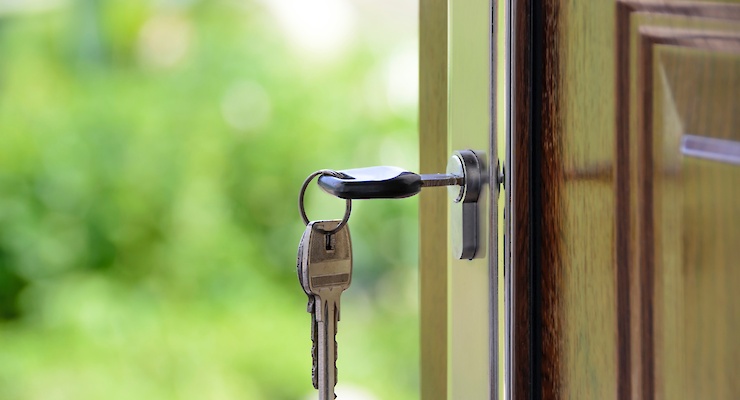


Head of Content

Mortgage Advisor & Director
What are mortgage arrears?

If you have missed mortgage repayment dates and have overdue payments, you are in mortgage arrears.
It is important to contact your lender as soon as possible to discuss how to get your mortgage back on track. They may be able to help you by organising a mortgage payment holiday or repayment plan. If you have Mortgage Payment Protection Insurance, now is the time to use it. You may also qualify for help in paying mortgage interest payments from the government if you are on certain benefits.
If you are struggling financially due to COVID-19, you can apply for a mortgage payment holiday until 31 October 2020. Mortgage payment holidays due to COVID-19 have been extended for six months. Note that there are risks in having a mortgage payment holiday that is several months; read more in our guide. The FCA has also ordered lenders not to start or progress repossession activities until after the 31 October.
What are the risks of being in arrears?
The ultimate risk of being in mortgage arrears is that your lender may take steps to repossess your home.
It is important to note that this is the final option and only starts once all other avenues for repayment have been exhausted.
If you are in financial difficulty or struggling with debt, seek help. There are a few agencies that can help you to understand your options.
How long can I be in mortgage arrears before repossession activities commence?
Mortgage arrears can affect even the most financially organised people, especially if there has been a financial shock to the system such as an illness, loss of income or bereavement.
There are a few steps you can take to mitigate the risk of falling into arrears if you experience a change of circumstances.
- Use a budgeting tool to see where you stand and if you can reduce outgoings
- Check if you are entitled to any benefits to help you through
- Talk to your lender who may offer you a payment holiday, offer to extend the term of your mortgage or switch to a temporary interest-only repayment regime.
Should I consider insurance?
If you are concerned about being able to afford mortgage repayments should the worst happen, it might be worth considering insurance.
There are specialist insurance products available such as Payment Protection Insurance that will cover you if you can't work due to an accident, illness and occasionally if you have been made redundant. Read more in our guide.
How can I learn more?
At Teito, our team of experienced advisors have helped many people who are in financial difficulty to access finance that works for them. We can help you to find the right mortgage and support you when things aren't going to plan. Get in touch today to learn more.
Choosing an Adviser
Selecting a qualified and experienced mortgage adviser is of great importance. To choose a suitable adviser, evaluate their qualifications, experience, and reputation, and ensure they are regulated by the Financial Conduct Authority (FCA).
Read reviews from previous clients and make sure they provide a clear explanation of the products and services they offer, as well as the fees and charges associated with them.

Get your mortgage in principle certificate in 5 minutes
Last updated 29 February 2024





























































